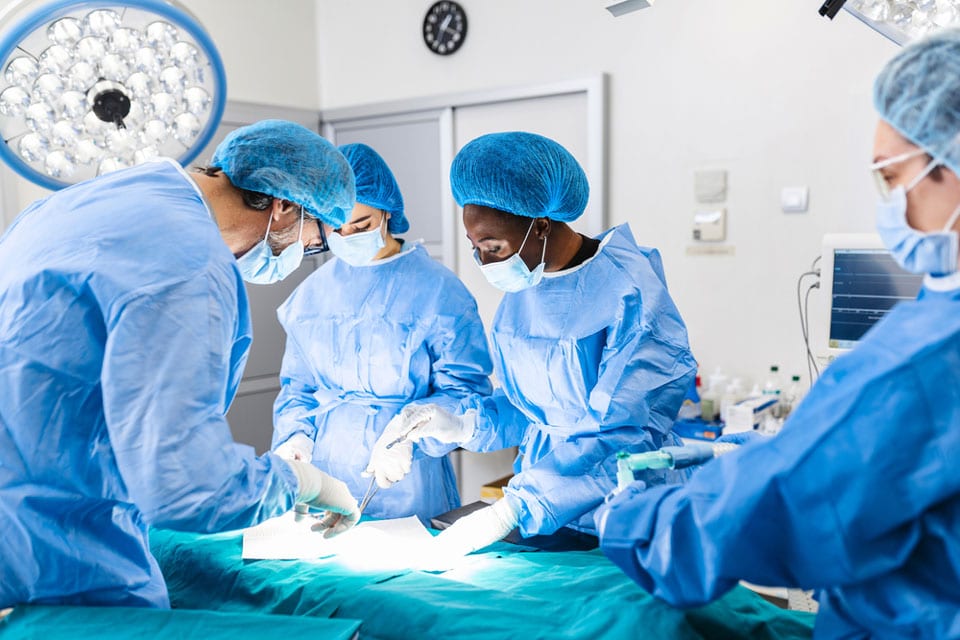The Effect of Self-Image on Decision-Making: Reasons Why Lots Of Individuals Go After Cosmetic Surgical Treatment for Physical Transformation
The interaction between self-image and decision-making is a complicated sensation, especially noticeable in the enhancing fad of individuals selecting plastic surgery as a method of physical transformation. Inspired by a need to satisfy individual ideals and social assumptions, numerous people face issues of self-confidence that can dramatically impact their options. As outside stress from social norms and social media heighten sensations of insufficiency, a crucial concern emerges: what are the underlying psychological elements that drive this quest of transformed looks, and what implications do these decisions hold for individuality and wellness?
Comprehending Self-Image
Self-image describes the psychological image and assumption an individual holds about themselves, incorporating facets such as physical look, personality type, and overall self-worth - mommy makeover rancho cucamonga. This internal representation considerably influences exactly how individuals engage with the world and can be a driving force behind different life options, including the decision to undergo plastic surgery
A positive self-image typically correlates with higher self-esteem and a feeling of self-confidence, cultivating an aggressive technique to life. Alternatively, an unfavorable self-image may result in feelings of insufficiency and frustration, triggering individuals to seek exterior options to viewed defects. This quest for improvement can show up in the wish for physical change through cosmetic treatments.
The prevalent nature of media and peer comparisons can magnify feelings of insecurity, encouraging individuals to modify their appearance in quest of approval or approval. Recognizing these dynamics is necessary in comprehending the motivations behind cosmetic surgical procedure.
Psychological Aspects at Play
Numerous mental variables influence an individual's choice to seek cosmetic surgical treatment, usually rooted in deeper emotional and cognitive procedures. One significant aspect is reduced self-esteem, which may develop from adverse self-perceptions or dissatisfaction with one's appearance. Individuals with reduced self-regard may believe that changing their physical functions will certainly boost their overall value and acceptance in social contexts.
Furthermore, the idea of body dysmorphic problem (BDD) plays a vital function. People enduring from BDD experience a compulsive concentrate on regarded flaws in their appearance, leading them to seek surgical intervention as a solution. This compulsive desire for change can substantially misshape their self-image, driving them to go after treatments in spite of the capacity for negative results.

Societal Stress and Assumptions
A considerable influence on people' decisions to undergo plastic surgery comes from societal stress and expectations that pervade modern culture. In a period dominated by social media and consistent visual direct exposure, idealized standards of appeal are frequently showcased, developing a pervasive environment where physical look is intensely inspected. Such standards usually dictate what is sites considered appealing, leading individuals to feel compelled to adapt to these ideals.
Additionally, the normalization of cosmetic improvements in pop culture better worsens these stress - mommy makeover rancho cucamonga. Stars and influencers freely reviewing their operations can produce an assumption that such alterations are not just appropriate but preferable. This sensation can engender sensations of insufficiency in individuals who might feel their all-natural appearance does not line up with social benchmarks
Furthermore, the impact of peer groups can not be neglected. People might encounter indirect or straight stress from buddies or household, bring about a communal validation of cosmetic surgical treatment as an appropriate means to achieve an idealized self-image. As a result, these social assumptions can significantly impact personal decision-making processes, commonly outweighing intrinsic motivations for self-improvement and fostering a culture where physical change is gone after as a treatment for regarded imperfections.

Study and Individual Stories
Many individuals have actually shared their individual journeys pertaining to plastic surgery, exposing an intricate interplay between self-perception and societal impacts. For circumstances, a 34-year-old woman explained exactly how years of sensation poor due to her nose led her to seek nose surgery. She reported that after the treatment, her self-confidence rose, allowing her to engage more easily in social circumstances and progress her job. Yet, she recognized that her decision was heavily influenced by media portrayals of charm.
In a similar way, a male person in his late twenties stated his fight with body dysmorphic problem, which motivated him to go after lipo. His experience highlighted not just a wish for physical change however also a goal for acceptance amongst peers. Post-surgery, he shared a restored feeling of self-respect, albeit with the awareness that internal validation need to come before outside modifications.
These study emphasize a more comprehensive pattern: individuals frequently view cosmetic surgery as a path to enhanced self-image. Nevertheless, the narratives additionally expose a vital perspective on the stress and assumptions that shape these choices, recommending that personal tales are deeply intertwined with societal standards and values.
Alternatives to Cosmetic Surgical Procedure

Skin care treatments, including chemical peels and microdermabrasion, can boost skin texture and tone, resolving issues like acne marks Visit This Link or uneven coloring. In addition, laser therapy is a reliable method for targeting certain skin concerns, such as sun damages or vascular sores, promoting a much more vibrant appearance.
For those seeking body makeover, non-invasive fat reduction methods like CoolSculpting can aid eliminate stubborn fat down payments without surgical procedure. Fitness programs and nutritional therapy are additionally important tools for people intending to achieve a healthier body picture. Inevitably, these choices can provide considerable outcomes while straightening with individual comfort levels and preferences, promoting a favorable self-image without the durability of cosmetic surgical procedure.
Conclusion
To conclude, the quest of plastic surgery is usually driven by complex communications between self-image, emotional factors, and societal pressures. Individuals have a peek here often seek physical improvement in an effort to improve self-confidence and straighten with regarded criteria of elegance. This sensation emphasizes the demand for better recognition of the underlying inspirations and prospective repercussions related to such choices. By checking out options and fostering a healthier self-image, individuals might locate extra lasting pathways to self-acceptance and well-being.
The interaction in between self-image and decision-making is a complex sensation, especially apparent in the increasing fad of people opting for cosmetic surgery as a method of physical change.Numerous emotional aspects influence a person's decision to seek cosmetic surgical treatment, frequently rooted in much deeper psychological and cognitive procedures.A significant impact on individuals' choices to go through cosmetic surgical procedure stems from societal stress and expectations that infuse contemporary society. Individuals might experience straight or indirect stress from pals or family members, leading to a common recognition of cosmetic surgical treatment as an appropriate means to attain an idealized self-image.Lots of individuals have shared their individual journeys relating to cosmetic surgery, exposing an intricate interplay between self-perception and social influences.
Comments on “Professional Plastic Surgery Rancho Cucamonga: Change Your Look with Top Surgeons”